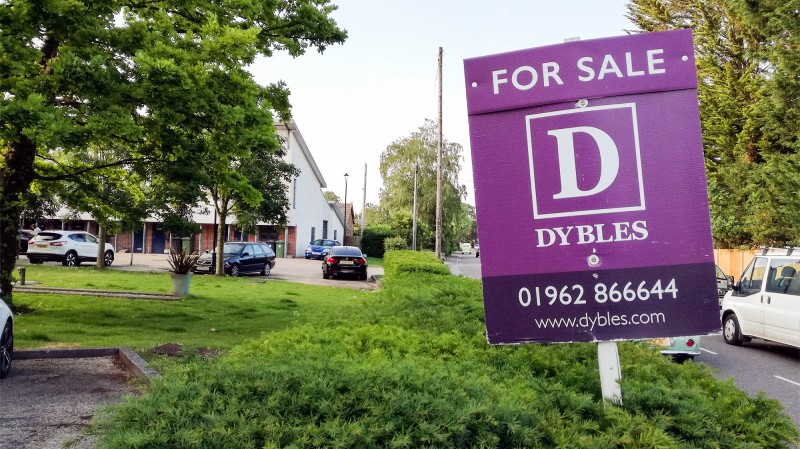You are here: What are Land Registry searches and why are they important?
Conducting a search of the register identifies the true owner of the piece of land or property you are hoping to buy.
Are they mandatory?
Yes, these checks are legally required for the sale to go ahead. Your solicitor will need to prove the seller is the legal owner of the land or property you want to buy. HM Land Registry is a non-ministerial department that holds records of land and property ownership in England and Wales.
A small percentage of land and property isn’t registered, this will usually be because it’s been inherited and handed down through generations of the same family. According to HM Land Registry, the Land Register contains more than 25 million titles showing evidence of ownership for more than 87% of the land mass of England and Wales.
If a property isn’t registered, it doesn’t mean there’s a problem, just that there hasn’t been a transaction to trigger registration since it became mandatory. The seller just has to produce the physical title deeds instead.
If a property is registered, the records held describe and outline the boundaries of the property but do not provide a diagram defining the boundaries to the exact measurements.
Land registration was first introduced in 1862 but it was voluntary. The Land Transfer Act 1897 made registration of title compulsory in London and then under the Land Registration Act 1925 compulsory registration was gradually extended to cover the rest of the country. Since 1 December 1990, the whole of England and Wales has been subject to compulsory registration. If registration does not take place within the required time, the transfer of ownership is void and reverts to the original owner who holds it in a trust for the buyer.

When are they ordered?
These searches should be ordered as soon as you appoint your conveyancing solicitor. One of the first things they will do is ask you for some money on account in order to pay for this and a number of other searches. Because these searches prove ownership of the property or land you are hoping to buy, they ought to be ordered before anything else.
What do they tell you?
There are two parts that will be ordered, they are both official copies of what is shown on the Land Register:
- Title register
- Title plan
Title Register
This is a pdf document which shows the unique title number, who owns it, what they paid for it, any rights of way over the property and what charges or debts are registered against it. Once a property is entered into the register, Land Registry records any ownership changes, mortgages or leases affecting it.
Title Plan
This is a plan of the property showing its location and the general boundaries.
These documents together provide you, the new owner, with a land title and property boundaries guaranteed by the government.
Are there different types?
Yes, but only one type is accepted as legal proof of ownership for a transfer of ownership.
- Register View: this is an online copy of what is held on the register, useful to find out who currently owns the property or piece of land but not accepted as legal proof of ownership.
- Official Copy: this is the accepted legal proof of ownership that you need for a conveyancing transaction to be able to proceed.
What do they cost?
An online copy or a Register View is only about £3 each but to legally prove ownership for a conveyancing transaction, the Official Copy has to be purchased. They cost £7 each and you need two: one of the Title Register and one of the Title Plan.
How long do they last?
They last until the ownership of the property changes.
If you are thinking of buying or selling your home, you may find some of these services useful:
Conveyancing
Get instant estimates from Conveyancers and Solicitors in your local area
Mortgage Brokers
I need help getting a mortgage
Estate Agent
Find a local Estate Agent
Valuation Surveys
If you need a Valuation Survey
Building Surveys
I want a local surveyor to do a Building Survey for me
Removals
I want to find a removal company
Energy Performance Certificate
Energy Performance Certificates